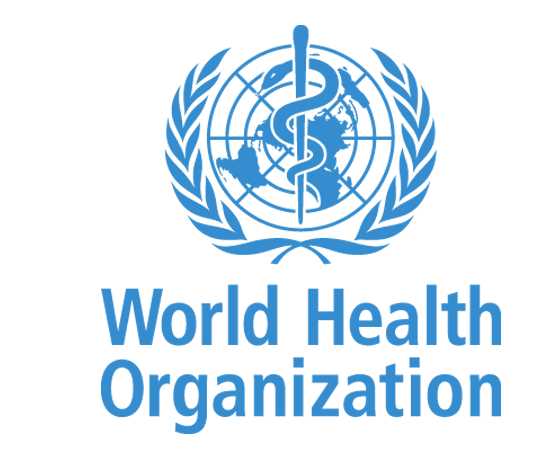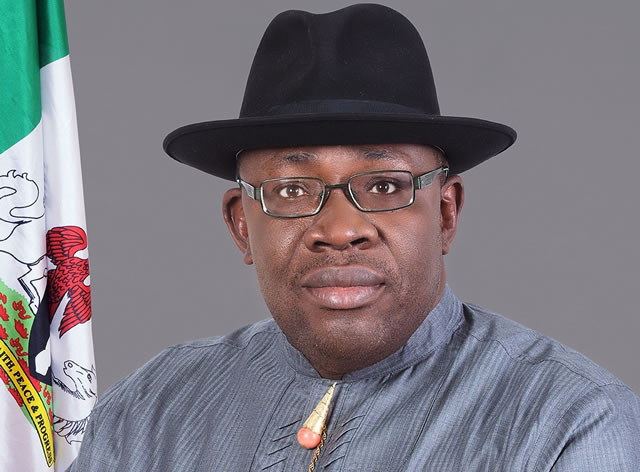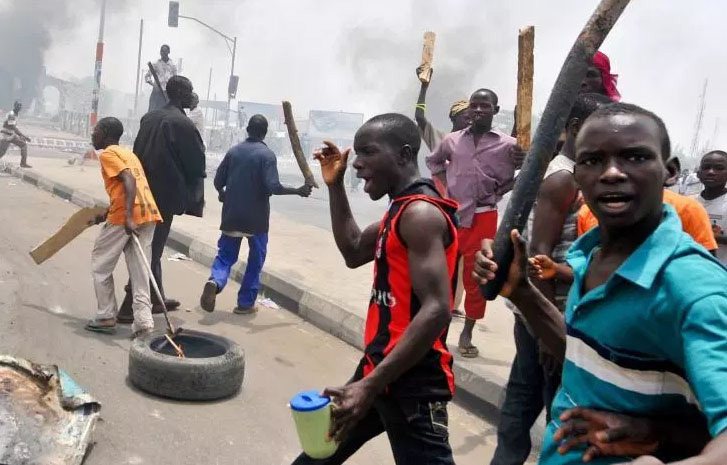WHO confirms Lassa Fever cases reduction in Nigeria

The World Health Organisation (WHO) has confirmed that the number of new cases of Lassa fever has significantly reduced over the past weeks in Nigeria.
According to the United Nations (UN) apex health body, from February 18 to 24, 2019, 23 new confirmed cases were reported from eight States as compared to the 80 new cases earlier reported from 21-27 January 2019.
The WHO report further disclosed that in total, about 381cases were confirmed while 81 deaths were reported between January 1 to February 24, 2019 from 21 States across the 66 Local Government Areas(LGA).
Records made available indicate that several States have reported more cases in 2019 than in previous outbreaks. For instance ” Bauchi, Gombe and Taraba State as at February 24, notably reported more cases (29, 24 and 03 cases respectively) than in 2018 during the worst Lassa fever outbreak to date”.
While reaffirming its support to fully contain outbreak of the disease in the affected states in Nigeria, the WHO said that it will not relent in its efforts to mobilized and support Nigeria to stem further spread of the disease.
Speaking on the reduction in new cases, Dr Clement Peter, the WHO Officer-in-Charge (OiC) for Nigeria stressed the need to remain resolute by intensifying response to the current outbreak.
“We welcome this recent evolution of the outbreak and the decrease in the number of new cases reported. However, this is no time to lower our guards. We must remain resolute and continue our intensified response to the current outbreak.
“On 15 February 2019, WHO participated in a review meeting convened by the NCDC to assess ongoing activities, identify and discuss lessons learned and improve the response to the outbreak. In line with the recommendations after the meeting, WHO experts participated in a technical support visit to Ondo States, one of the affected states to review and assist with the establishment of a mobile laboratory to support the investigation.
“WHO also participated in similar advocacy field visits to other affected States such as Plateau with the NCDC to review the situation and raise awareness in the affected communities.
“Furthermore, WHO Expanded Programme on Immunization teams in affected states worked with competent authorities in investigating and responding to the outbreak. In Enugu State, WHO assisted with Lassa fever contact identification, line listing, provided technical support to the Rapid Response Teams deployed to investigate the outbreak, provided medical supplies and equipment. To coordinate this support, WHO activated its Emergency Operation Centre bringing national and international experts to monitor the situation and manage response activities.
“Our response to the outbreak illustrates WHO’s strengthened capacity to actively support countries to better protect their population against health emergencies and outbreaks. The combination of WHO’s presence across the country, strong health emergency capacity and good cooperation with the NCDC and other Federal and State authorities provide WHO with a unique position to help Nigeria.
“Following the declaration of an outbreak on 21 January 2019 by the NCDC, WHO further scaled up its response mobilizing human and financial resources to assist Nigeria in stopping the spread of the outbreak. WHO mobilized US$ 400,000 to support response activities and deployed experts to Nigeria and affected States to assist with coordination, active surveillance, case management, laboratory investigation, provision of supplies”, Dr Peter added.
The support to contain Lassa fever was closely coordinated with the NCDC as well as Federal and States’ authorities.








